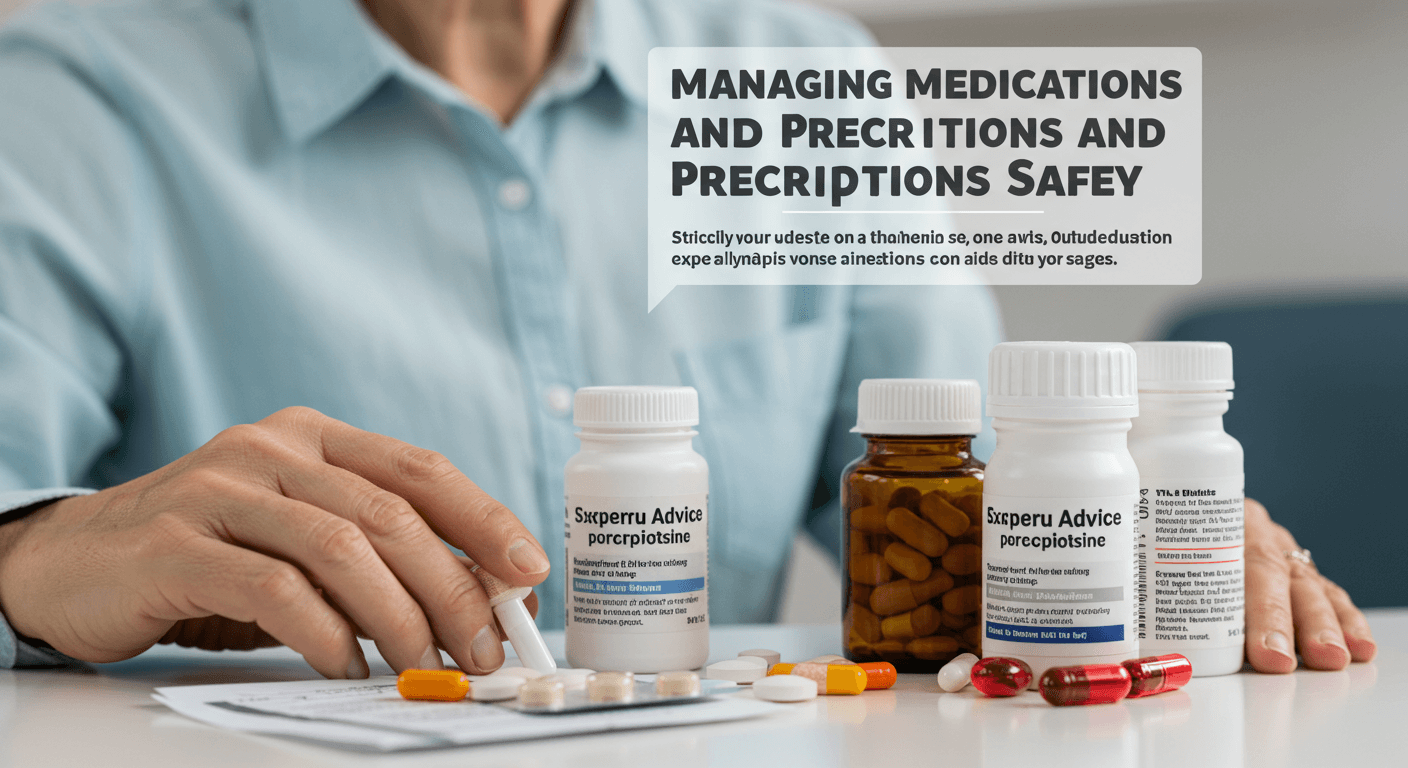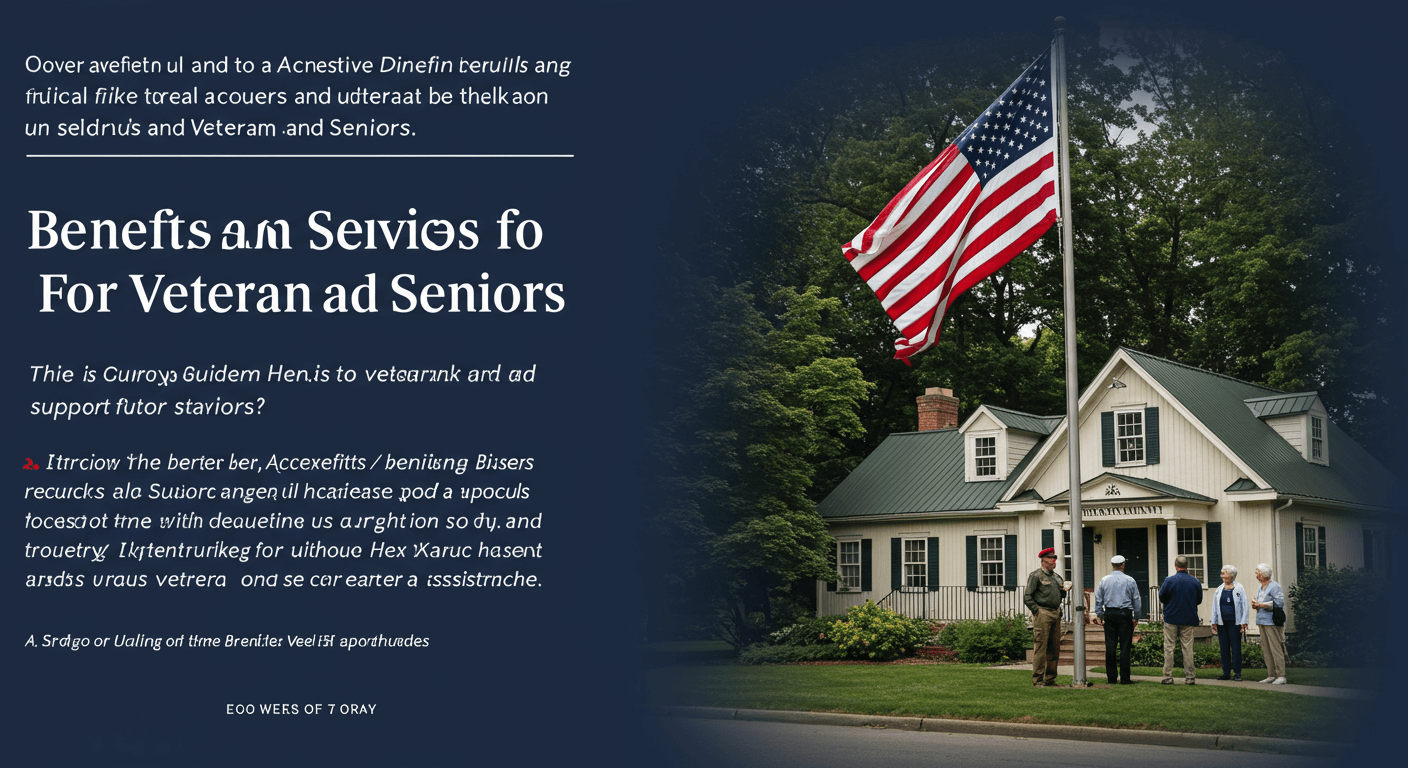Managing Medications and Prescriptions Safely
Expert advice on safely handling medications and prescriptions for seniors, caregivers, and loved ones.

Proper medication management is crucial for senior health and safety. This guide provides expert advice for seniors and caregivers.
1. Organize Your Medications
Use a pill organizer to sort medications by day and time. Keep all medications in their original labeled containers.
2. Create a Medication List
Maintain an updated list of all medications, dosages, and schedules. Include prescription drugs, over-the-counter medications, and supplements.
3. Set Reminders
Use alarms, phone apps, or medication reminder devices to ensure timely doses. Consistency is key for effectiveness.
4. Store Properly
Keep medications in a cool, dry place away from sunlight and moisture. Avoid bathroom storage due to humidity.
5. Review Regularly
Schedule regular medication reviews with healthcare providers to eliminate unnecessary or conflicting prescriptions.
Why Medication Management Matters
Proper medication adherence prevents complications, reduces hospitalizations, and improves quality of life for seniors. Studies show organized systems significantly decrease medication errors.
Emergency guidance
Overdose or Missed Dose
Contact poison control or emergency services immediately for suspected overdose. For missed doses, follow your healthcare provider's instructions.
Adverse Reactions
Seek immediate medical attention for severe side effects, allergic reactions, or unexpected symptoms after taking medication.
Pro tips
- Use pharmacy apps for automatic refill reminders and medication information.
- Keep emergency contact numbers and medication lists easily accessible for caregivers.
Common pitfalls
Neglecting medication management can lead to dangerous drug interactions, missed doses, or accidental overdoses, resulting in hospitalization or serious health complications.
Recommended reads



You may also like






